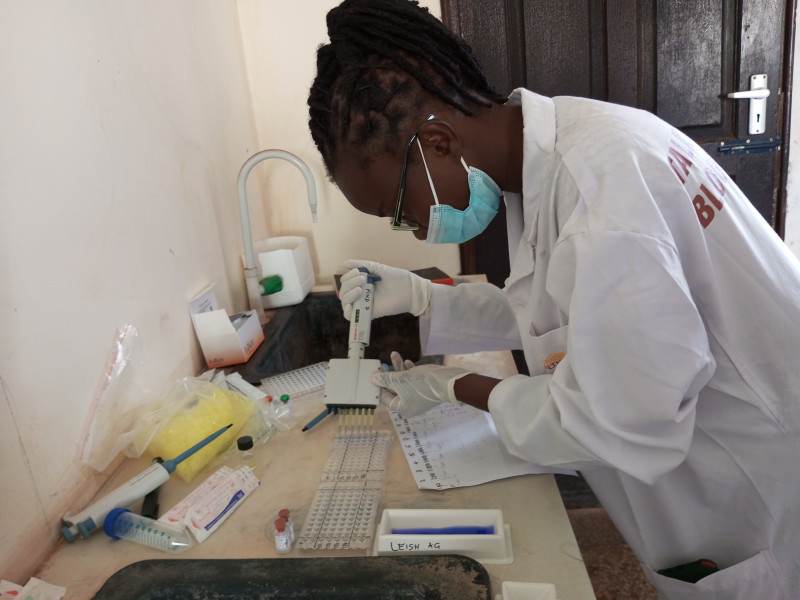
7.8 million U.S. dollar initiative announced to combat kala-azar disease in Kenya
Two international health charities LifeArc and FIND on Friday announced funding support totaling 7.8 million U.S. dollars to bolster Kenya’s efforts to eliminate visceral leishmaniasis, a fatal vector-borne disease also known as kala-azar among children.
The two medical charities said in a statement issued in Nairobi, that under the new funding, diagnosis and treatment of the neglected tropical disease among children will be improved.
Mike Strange, head of Global Health at LifeArc, underscored the role of funding and strategic partnerships to boost the elimination of kala-azar which is concentrated in Kenya’s remote outposts.
“Partnering with FIND to support the implementation of existing tools, as well as helping move forward new and improved diagnostic tests, represents a real opportunity to make a step-change and contribute towards eliminating this fatal disease in Kenya,” Strange said.
Targeted for elimination by the World Health Organization (WHO) by 2030, visceral leishmaniasis is a parasitic disease found in marginalized parts of Africa, affects mainly children and is fatal in over 95 percent of cases if left untreated.

The disease is caused by parasites that are spread by sandflies. It affects internal organs and presents symptoms such as weight loss, and enlargement of the spleen and liver.
Under the new funding from international charities, Kenya is expected to improve community awareness and enhance the capacity of local health facilities to conduct faster diagnosis and treatment of visceral leishmaniasis.
Helen Bokea, the director of Neglected Tropical Diseases at FIND, said that enhanced surveillance, detection, and treatment will be key to achieving the 2030 WHO visceral leishmaniasis elimination target in Kenya.






